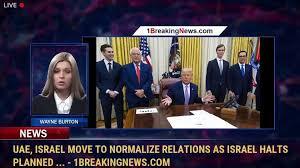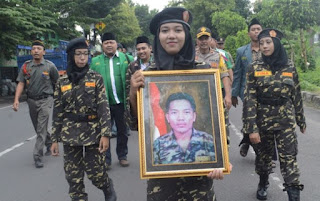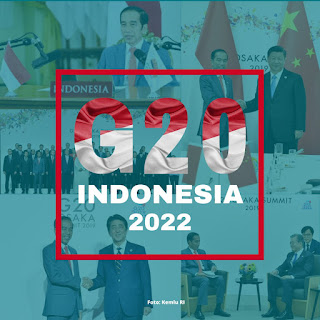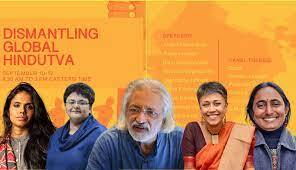UAE nation branding encounters early headwinds
By James M. Dorsey For at least the last two decades, the United Arab Emirates, aided by some of the world’s foremost consulting and public affairs companies, has waged one of, if not the Middle East’s most successful nation branding campaign. The campaign has been supported by cutting edge technological and economic initiatives; a bold and assertive foreign policy backed by the UAE’s financial and military muscle; a degree of economic diversification away from oil; socially liberal policies that make the UAE the desired destination for Arab youth and non-Arab expatriates; embracing values of religious tolerance, and positioning of the Emirates as a key node in global humanitarian aid efforts. For the longest period, this branding deflected criticism of the UAE’s tarnished domestic human rights record ; intrusive surveillance of Emirati and non-Emirati dissident voices, journalists, scholars, and activists in the UAE and elsewhere; criticism of its backing of militias in Libya





